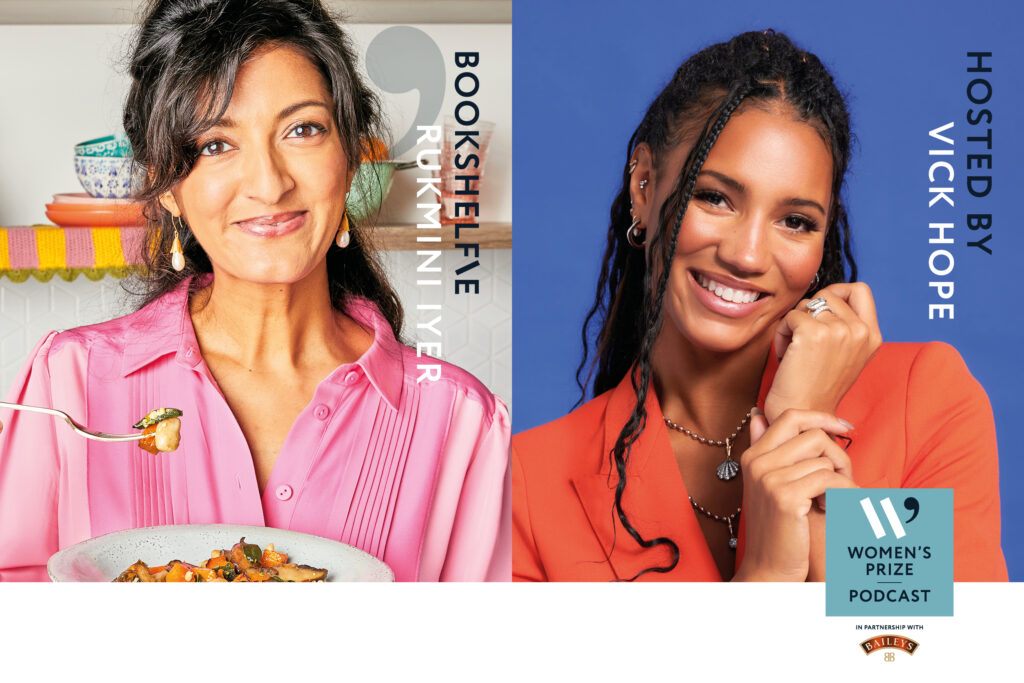Our host Vick Hope is joined by food writer and author Rukmini Iyer on this episode of Bookshelfie where they discuss her bestselling The Roasting Tin series, and the power of food to connect us.
Rukmini is the bestselling author of The Roasting Tin series, which in five years has sold over 1.75 million copies worldwide. They’ve transformed the cookery space in the UK, leading the one-tin, one-pot, and one-pan revolution, and remain firm favourites among cookbook buyers who love Rukmini’s minimum fuss, maximum flavour receipts.
Listen to the full episode here and read on to see Rukmini’s top five most influential books written by women.
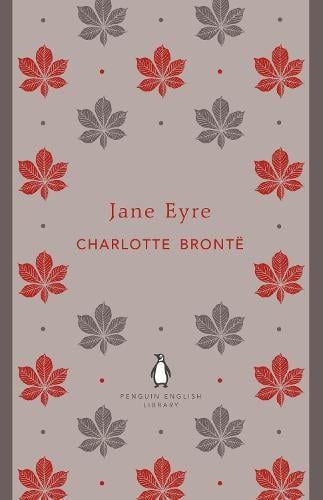
I read Jane Eyre when I was quite young, and immediately felt a connection with the young Jane, sitting in a window seat alone, reading a book rather than engaging with children her age. She’s misunderstood, put upon, and brave in the face of injustice from her cruel Aunt Reed and the tyrannical Mr Brocklehurst – a proper child heroine. (I shared Jane’s early unsociability followed by a devoted friendship, and even suffered similar feelings of injustice thanks to a borderline sadistic chemistry teacher – she was basically me.)
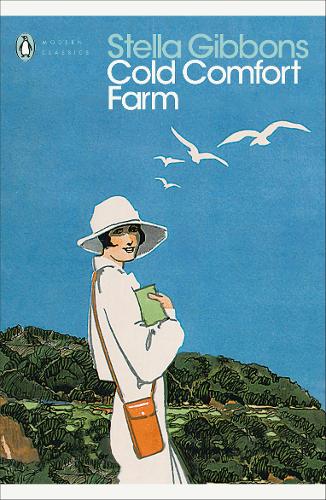
This is my ultimate comfort read – I pick it up every time I need something light yet completely absorbing. I love everything about it – Flora the heroine’s unflinching and clear-minded determination to mould the world around her exactly as she sees fit, and the hilarious cast of supporting characters from Adam with his ‘liddle mop’ to Mr Mybug, the Lawrentian send-up – not forgetting Graceless, Feckless, Pointless and Aimless, the best-named cattle in literature.

Confession – I did Latin at A-level, and applied to study English with Classics at university before sensibly dropping the classics part for the sake of an easier timetable. That’s because I’m something of a dilettante, unlike the characters in this campus novel. Richard, the lead, with his awkwardness and desire to fit into the odd, intellectual elite class run by a charismatic professor, held intense appeal when I read this as a teenager with a passionate attachment to Homer and Virgil (the former in various translations, as sadly my Greek is non-existent.)
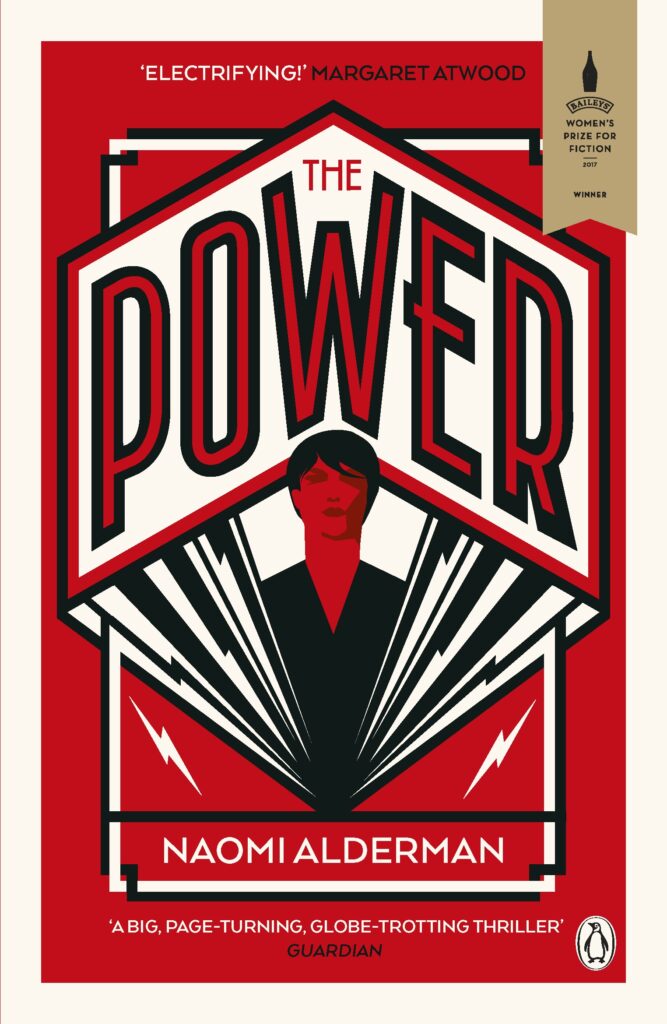
The premise of this novel – before things started to get darker – stayed with me for days. God, just imagine if you could walk home from the bus-stop at 1am without clutching keys in your fist, because you could zap an attacker with electricity. It’d be like you were an instant martial arts black-belt – afraid of nothing. And the wider implications in the novel, that women would no longer just be the pretty face next to the ‘serious’ male news anchor, that women would start to dominate politics because of a shift in the physical power dynamics – electrifying. And then, of course, Alderman flips it on its head, and reminds us that women and men alike are capable of infinite cruelty, whether in domestic or international settings, and will come up with justifications for either.
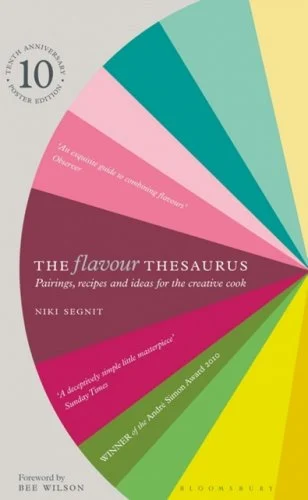
It’s safe to say that I, and plenty of other food writers, wouldn’t have a career without Segnit’s work. The Flavour Thesaurus, and the follow up plant-lead Flavour Thesaurus: More Flavours are almost definitive guides to ‘what food goes with what’. As invaluable for the home cook who might be wondering whether they can make something with half a head of broccoli and a bit of chorizo (you can: see ‘Broccoli and Bacon’) to a professional recipe writer who has three days to come up with six ways with aubergine (happens more often than you’d think), the books are basically an infinite magical resource, generously researched and presented with humour and wit – a mix of fascinating text interspersed with recipes.
